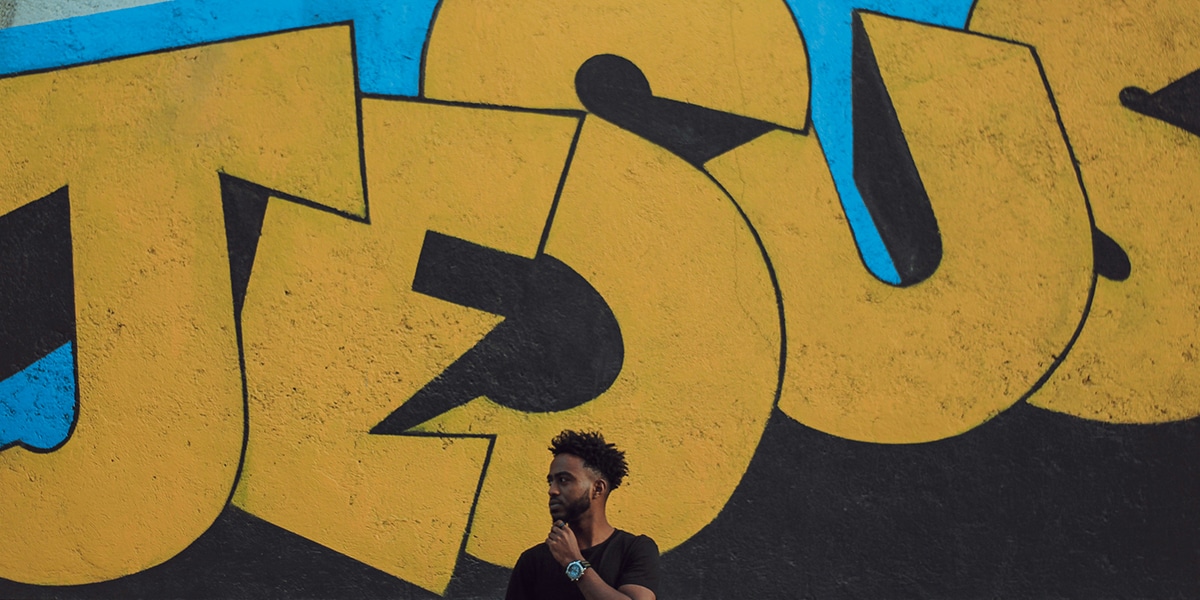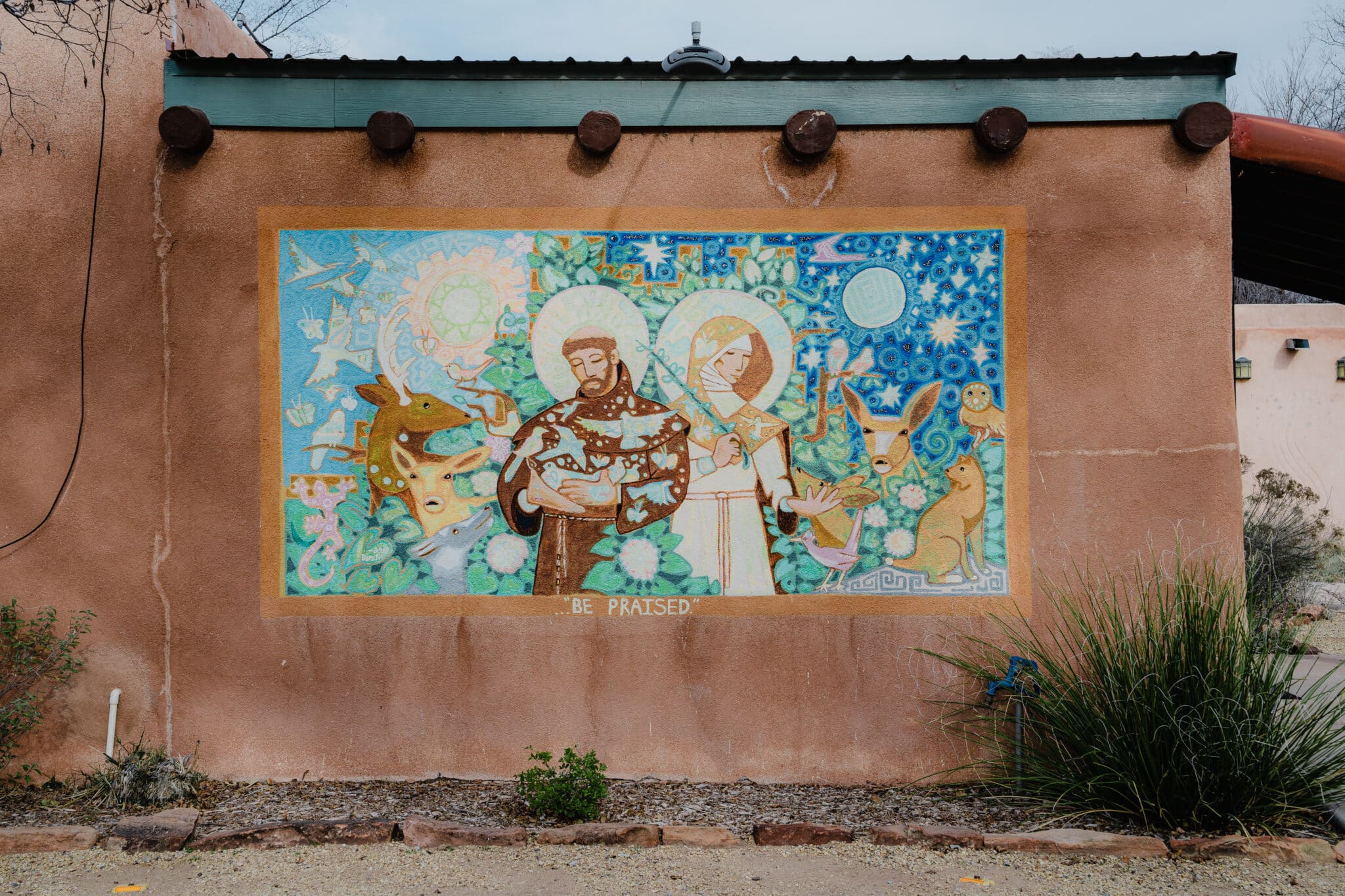VOCES on PBS
Celebrating his final Veterans Day in 1963, President John F. Kennedy said, “As we express our gratitude, we must never forget that the highest appreciation is not to utter words, but to live by them.” The 65,000 non-US citizens who serve in our military at any given time would readily agree. Immigrants’ contributions to our armed forces, in fact, can be traced back to the Revolutionary War. But director John J. Valadez is indifferent to history here. In his blistering documentary, American Exile, he aims his storytelling lens at two brothers in particular, Vietnam veterans Manuel and Valente Valenzuela: Mexican by birth, American to their very core.
A brief civics lesson: According to federal law, foreign-born soldiers who serve “may be naturalized without having resided, continuously immediately preceding the date of filing such person’s application, in the United States for at least five years.” In 2017, however, President Donald Trump slowed this process down by instituting mandatory wait times. For veterans such as the Valenzuela brothers, whose service ended decades ago and who live in the United States on borrowed time, the threat of deportation is excruciating.
Thousands of veterans have been expelled from the country since their service ended—some for minor legal infractions. What gives American Exile its emotional gravity is that the Valenzuela brothers are among them: Valente for assault and theft, Manuel for battery and resisting arrest. These happened decades ago, and the central question remains: Should these misdemeanors disqualify them from citizenship? It’s a heated debate between the right and the left to this day.
What Valadez presents here is the brothers’ broader struggle of seeking citizenship, but also their internal battles with PTSD. Valente, especially, is haunted by his years of service—the emotional pain, we the viewers realize, has roots. Attention should be paid to Valadez’s gifted cinematographer, Elia Lyssy, who weaves around the brothers like a silent prizefighter, capturing the pain their eyes cannot possibly hide.
What the film says, implicitly, is that we have to do better by our veterans and our immigrant population, two communities that can overlap. If these women and men are good enough to fight for this country, they’re good enough to call it home.








